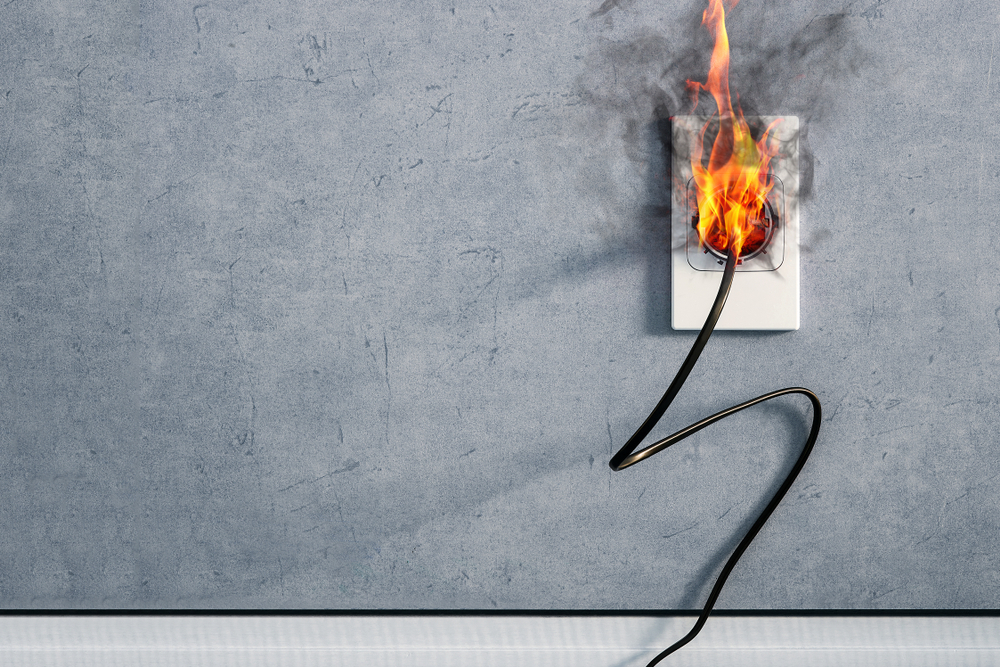Introduction
In a world where unexpected disasters can strike at any time, protecting our assets and investments is crucial. Fire insurance is one such safeguard that provides financial coverage against damages caused by fire-related incidents. In this article, we will delve into the intricacies of fire insurance, exploring its importance, coverage, and the steps to secure comprehensive protection for your property.
Importance of Fire Insurance
Fire has long been one of the most devastating calamities known to mankind. Its destructive power can ravage homes, businesses, and valuable possessions, leading to immense financial losses. Fire insurance acts as a safety net, offering individuals and businesses the means to recover and rebuild in the aftermath of such a catastrophe.
Coverage Offered
Fire insurance policies typically cover a wide range of damages resulting from fire-related incidents. While specific coverage may vary between insurance providers and policies, the following are generally included:
- Dwelling Coverage: This provides compensation for damages to the structure of your property, including walls, floors, ceilings, and roof.
- Personal Property Coverage: This safeguards your personal belongings, such as furniture, electronics, appliances, and clothing, in the event of fire damage.
- Additional Structures: Coverage may extend to other structures on your property, such as garages, sheds, or fences.
- Loss of Use: If your property becomes uninhabitable due to fire damage, fire insurance may cover the cost of temporary accommodation or additional living expenses during the restoration period.
- Liability Coverage: In case someone gets injured on your property due to a fire, liability coverage offers financial protection against potential lawsuits.
Choosing the Right Fire Insurance Policy
When selecting a fire insurance policy, it is essential to consider several factors to ensure comprehensive coverage tailored to your needs:
- Adequate Coverage Limit: Evaluate the value of your property and possessions to determine the appropriate coverage limit. Underinsuring can lead to financial shortfalls during the claims process, while overinsuring may result in unnecessary premium expenses.
- Policy Exclusions: Carefully review the policy exclusions to understand what circumstances may not be covered. Certain factors like arson or neglect may invalidate claims, so it is crucial to adhere to safety guidelines and maintain fire prevention measures.
- Deductibles and Premiums: Assess the deductible amount and premiums associated with the policy. A higher deductible may lower your premiums, but ensure it remains affordable in case of a claim.
- Additional Coverage: Consider supplementary coverage options to enhance your fire insurance policy. For example, you may opt for additional protection against smoke damage, water damage resulting from firefighting efforts, or coverage for high-value items like jewelry or artwork.
Fire Prevention Measures
While fire insurance provides financial protection, it is equally important to adopt preventive measures to mitigate the risk of fire damage. Implement the following precautions to minimize the likelihood of a fire and maximize your safety:
- Install Smoke Alarms: Place smoke alarms on each level of your property and regularly test and replace batteries to ensure they are functional.
- Fire Extinguishers and Fire Blankets: Keep fire extinguishers and fire blankets readily accessible in your home or business premises. Learn how to operate them correctly and conduct regular maintenance checks.
- Electrical Safety: Ensure proper installation and maintenance of electrical systems, avoid overloading outlets, and promptly address any electrical faults.
- Fire Safety Education: Educate yourself and your family or employees about fire safety protocols, including evacuation plans, designated meeting points, and the proper use of fire exits.
- Fireproofing: Consider fire-resistant building materials and furnishing options to minimize fire hazards within your property.
Conclusion
Fire insurance plays a vital role in safeguarding your property and providing financial protection in the face of fire-related disasters. By choosing an appropriate policy, understanding its coverage, and taking proactive measures to prevent fires, you can secure your assets and achieve peace of mind. Remember, fire insurance serves as a crucial component of an overall risk management strategy, offering a safety net when unforeseen circumstances arise. Protecting yourself, your loved ones, and your investments is an investment worth making.






